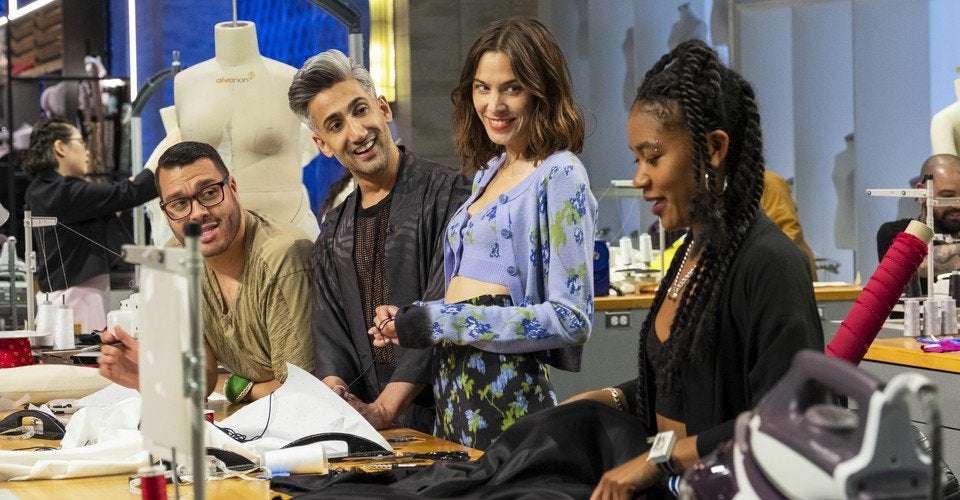The ITV program Love Island, a dating show, is one example. Its former presenter Caroline Flack killed herself over the weekend, according to an inquest. She was facing trial next month for an alleged assault on her partner (about an incident that she claimed was an accident), and was at the center of both a tabloid storm and a campaign by men’s-rights activists. Two former Love Island contestants have also killed themselves in the past three years.
The appeal of reality television is that everyone you’re watching is a “real person,” not some Hollywood megastar with a gazillion publicists. But that leaves contestants (and even presenters) terribly exposed if they don’t live happily ever after, or if they come out of an edit looking like an asshole. Feeling the full, scorching heat of public attention—particularly if you are designated as a reality-television “heel”—is a brutal experience: little money, poor long-term career prospects, and a vague, indefinable sense among people in the street that they know you, and don’t like you.
The strange thing is that the entire premise underlying reality television’s deification-and-degradation cycle—that every show needs goodies and baddies, and that conflict is essential—is clearly not true. Many of the most successful reality-television shows in recent years have been “warm-bath television,” soothing, even numbing, experiences. Look at NBC’s Making It or ABC’s Family Food Fight in the United States, or The Great British Bake Off in Britain. The latter has spawned several replicas, including The Great Pottery Throw Down on Channel 4 and The Great British Sewing Bee and The Big Painting Challenge on the BBC.
Read: The existential comfort of “Making It”
Netflix’s new offering Next in Fashion continues this trend. Eighteen fashion designers compete to secure funding for their own label, under the direction of the hosts Tan France and Alexa Chung. As with the worldwide phenomenon MasterChef, Next in Fashion’s contestants are genuinely talented. As with The Great British Bake Off, the sweetest characters are the most successful. The camaraderie is obvious.
At first, the designers are put into pairs, and most work happily together. When there is genuine conflict, the show seems faintly embarrassed by it. The camera doesn’t linger on the one mismatched pair—the Scottish single mom Hayley and the American former model and soldier Julian—whose personal taste could not be further apart. (Julian loves loud, clashing colors; Hayley firmly does not.) You can almost feel the producers’ relief when attention shifts instead to Angel and Minju, from China and South Korea, respectively, who name their team “Dragon Princess” and radiate pure, uncomplicated joy from every pore. The show is more interested in genuine virtuosity—some of the clothes are incredible, such as Minju’s wedding dress, which unfurls like a lily—than low-level interpersonal rivalries.

Permanenceisall on February 22nd, 2020 at 15:58 UTC »
But where else am I going to use this reverse-cymbal sound?!
Duke_Sweden on February 22nd, 2020 at 15:50 UTC »
Face Off was like that too. The only two contestants that were hated were the two that were conniving shitheads.
ApostateAardwolf on February 22nd, 2020 at 14:45 UTC »
The Great British Bake Off showed us that 10 years ago